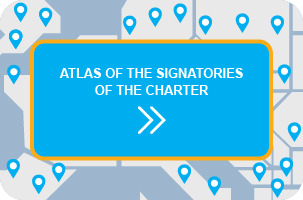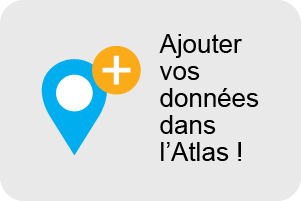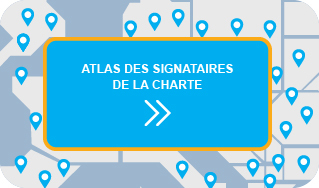FAQ
Frequently Asked Questions
1. What is the Charter?
The European Charter for Equality of Women and Men in Local Life is a document which has been drafted with the purpose to be signed by European local/regional authorities ready to make a formal commitment to the principle of gender equality and to undertake the necessary actions to achieve real equality in practice.
2. Who does the Charter address to?
It addresses to all the local and regional authorities in Europe who wants to engage in the promotion of equality between women and men in their territory as a part of a coherent and ambitious strategy.
3. Who wrote the Charter?
The Charter was drawn up within the framework of a project (2005-2006) undertaken by the Council of European Municipalities and Regions (CEMR) together with many partners from all over Europe. The project was supported by the European Commission, through its 5th Community Action Programme for equality between men and women.
4. What does the signing of the Charter entail for my municipality/region?
Once the decision of signing the Charter has been approved by your municipal/regional council, the political head of your local/regional authority conducts an official signing of the Charter using the form provided for this purpose. By signing, your local or regional authority commits itself to apply the principles that are set out in the Charter. You should also inform the CEMR and its national association of its signature.
From the date of the signature, your local/regional authority should, within a period of two years, establish an Action Plan for equality between women and men, intended to transmit the commitments in the Charter on the ground. The action plan sets out the objectives and priorities of the municipality, determines the ways to proceed and the resources that needs to be allocated to achieving the goals.
After the adoption of the action plan, your local/regional authority should move on to the stage of implementation and proceeds according to the priorities it has set out.
To evaluate the progress of the implementation of the Charter, you can use the indicators provided in the section Methods and Evaluation.
5. Is it mandatory to implement all the articles immediately?
No, it is not realistic nor necessarily desirable that a municipality seeks to implement all the articles at once. We recommend rather that signatories apply the Charter progressively by identifying priority fields of intervention and determining a timeline for implementation. However, this do not delimit the municipalitys commitment to put in place a policy which eventually encompass all areas covered by the Charter.
6. Why was the Observatory created?
The Executive Bureau of CEMR took the decision to establish the Observatory of the European Charter for equality of women and men in local life in Warsaw on the 28th September 2011. The Observatory was created primarily to respond to a growing demand from signatories of the Charter, in getting support and accompaniment to implement the Charter.
7. What are the objectives of the Observatory?
The main objective for the Observatory is to help and encourage European local and regional authorities to develop local policies for equality of women and men, in particular through the realisation of the objectives outlined in CEMRs Charter. How? By providing support on how to draft equality action plans, monitoring the implementation of the Charter and evaluating its impact on the field.
The Observatory plans also to provide a platform for exchange and cooperation between local and regional governments and their national representative associations.
8. Does the Observatory or CEMR financially support local projects?
Unfortunately, neither the Observatory nor CEMR has the capacity to award grants to local and regional authorities for implementing the Charter. However, in our section Financing tools, you will find information on European and national programs offering funding for gender equality projects.











